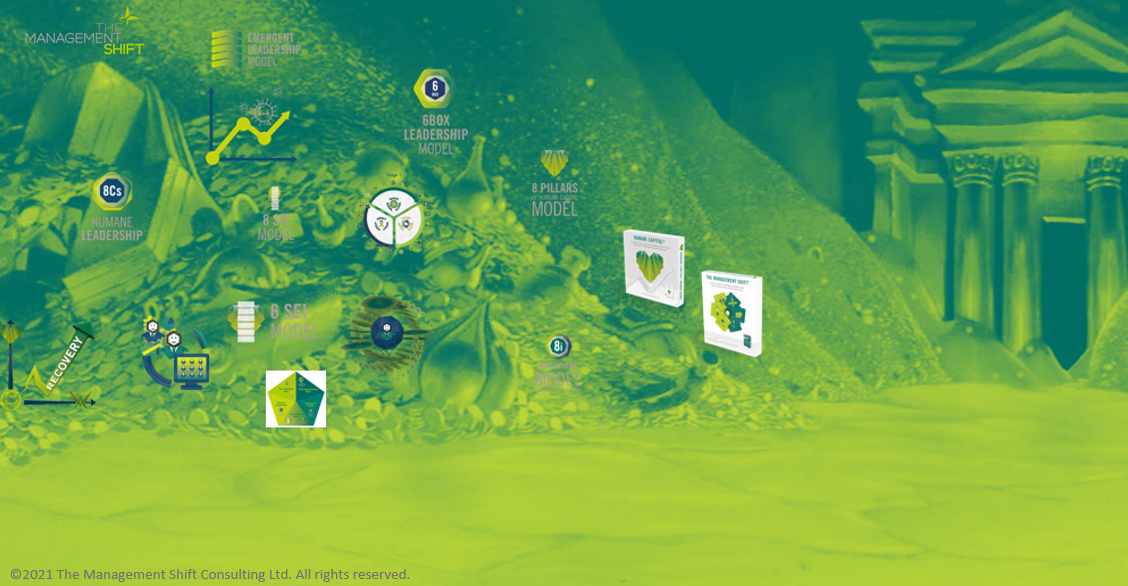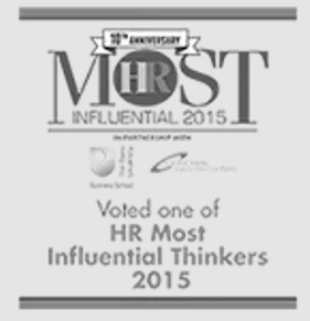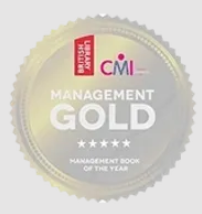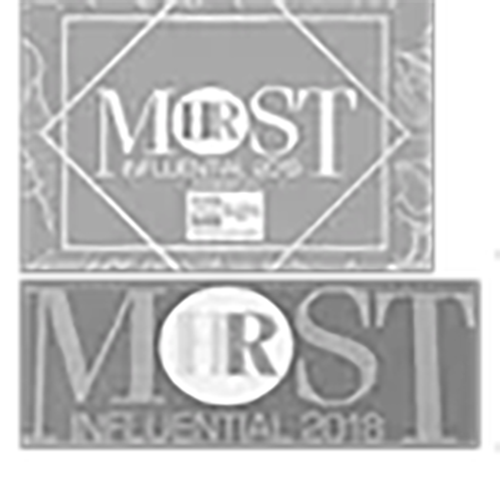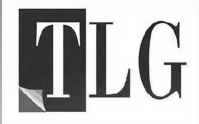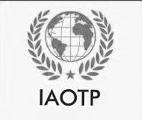Blog
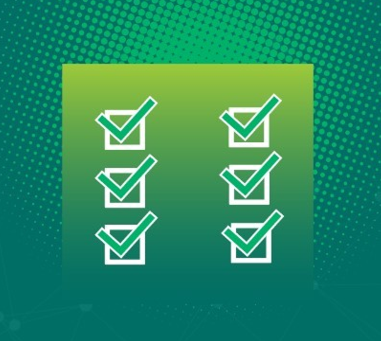
Over the past years, companies have made a unified effort to change their culture, to improve employee productivity, wellbeing and revenue. However, determining whether or not the culture change has been successful, can be difficult. Business leaders are now realising that they must readjust their company’s culture in order to survive in a drastically changed world, since the outbreak of COVID-19. Many organisations continue to have issues comprehending the significant connection between corporate transformation and culture. Acknowledging that a cultural framework is essential for holistic transformation does not come naturally for the majority of leaders. It is important to remember that ‘Culture eats strategy for breakfast’, as Peter Drucker famously said. If your company’s culture is resistant to change, no amount of top-down strategy will make a difference. The only way to achieve lasting success is by transforming the culture along with the business. Traditional ways of thinking and working need to be replaced by new, more innovative approaches. This can be difficult, as old ways are often comfortable and familiar, however it is necessary if the organisation wishes to grow and thrive in the future. There are five levels of company culture, as identified in the 5-Level Management Shift Model . At Level 1, the culture is static, toxic, and inflexible. Employees are disempowered and scared. This can not only stifle creativity and innovation, which are essential for success in today's economy, and it is also detrimental for wellbeing of employees. At Level 2, employees do the minimum they can get away with, just to for a paycheck. At Level 3, the culture is controlled and inflexible. Employees can make some decisions on their own but must still follow the strict rules set by management. A company that is stuck at Level 3 or lower is unable to adjust quickly enough to changes in the market or society. As a result, it may become obsolete or irrelevant. A positive, adaptive company culture would be operating at Levels 4 and 5. This type of culture is characterised by trust and respect amongst employees, as well as a focus on results rather than procedures. Employees can make decisions quickly and efficiently, without having to go through multiple layers of management. This allows the company to be more agile and responsive to changes in the market. There are a few diagnostic tools that can help you measure the culture of your organisation. One such tool is the 6 Box Leadership diagnostic tool, also known as an organisational MRI. The 6 Box Leadership diagnostics tool was created by Professor Vlatka Ariaana Hlupic, CEO and Founder of Management Shift Solutions Limited . Based on more than 20 years of research, the (120 question) 6 Box Leadership model measures hidden strengths and weaknesses in the areas of Culture, Relationships, Individuals, Strategy, Systems and Resources, shown in 43 pages long pdf report. The 6 Box Leadership Diagnostics Tool is utilised by global enterprises for cultural transformation, from FTSE 100 companies, the NHS, to the UK Government. ROI figures include a 213% increase in profit over three years by a FTSE100 retail company, 100% growth in headcount in 18 months in a US-based consulting organisation, as well as improved staff wellbeing and retention in an NHS Trust. Examples of other application areas for this diagnostics include designed of customised executive education programmes, strategy elicitation, due diligence for VCs, risk management and improving employee engagement. The diagnostic tool enables organisations to understand how their culture is impacting performance, as well as the key strengths and developmental opportunities that would secure the business’ future. An Action Plan followed by a robust implementation strategy, are crucial for successful cultural transformation, with many expected and unexpected benefits emerging from this process. To learn how to get the most out of your employees and maximise your resources, visit the 6 Box Leadership page where you can also take a free sample test with 20 questions from this diagnostic tool.

Organisational culture is a reflection of leader’s consciousness. Leaders with the right mindset, with ethical, conscious, caring, compassionate and authentic behaviour will help create psychologically safe caring culture that will easily attract talent and grow profit. Autocratic, egoistic, toxic leaders will create an organisation with unhealthy culture, and not many people would want to work in such organisation unless they are desperate and have no other choice.

